
Doctors investigate DNA of 117-year-old woman to find one food that contributes to longevity
Maria Branyas Morera, a remarkable supercentenarian from Spain, passed away last year at the extraordinary age of 117, leaving behind not only a legacy of resilience but also valuable clues about what it takes to live a long, healthy life. Her story has captivated scientists and the public alike—not just for her longevity, but for the quality of life she maintained deep into her later years.
Born in the United States in 1907, Maria witnessed the most transformative events of the 20th and early 21st centuries. She lived through two World Wars, the reigns of 21 U.S. presidents, and the emergence of innovations that fundamentally reshaped modern life—from commercial air travel and antibiotics to smartphones and artificial intelligence.
In 1915, at the age of 8, Maria moved with her family to Catalonia, Spain, where she would remain for the rest of her life.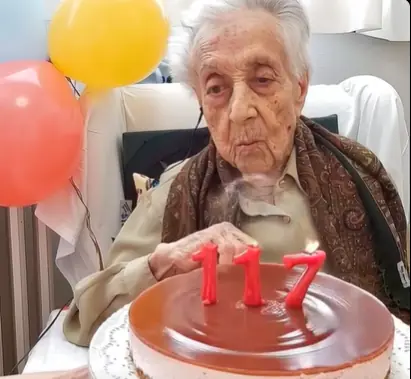
A Final Wish: Unlocking the Secrets of Long Life
Before her passing, Maria expressed a final wish: she wanted doctors to study her DNA to uncover the secrets of her extraordinary longevity. Her hope was that these insights might one day help others live longer, healthier lives.
Inspired by her request, a team of Spanish scientists launched a biomedical investigation into her genetic and biological profile. The project involved researchers from the University of Barcelona and the Josep Carreras Leukaemia Research Institute. They collected biological samples from Maria and analyzed her genetics, blood chemistry, and cellular structure, as reported by The Mirror.
A Rare Exception: Healthy at 117
One of the lead researchers, Dr. Manel Esteller, explained the significance of Maria’s case in an interview with The Times:
“The common rule is that as we age, we become sicker. But Maria was an exception, and we wanted to understand why. For the first time, we’ve been able to separate being old from being sick.”
Indeed, their findings showed that Maria was biologically 10 to 15 years younger than her chronological age. In other words, although she was 117 years old at the time of her death, her biological health markers resembled those of someone in their early 100s—a sprightly centenarian by comparison.
What Made Maria Different?
Maria's genetic and health profile revealed several factors that likely contributed to her longevity:
-
Extremely low levels of harmful LDL cholesterol and triglycerides
-
Exceptionally high levels of beneficial HDL cholesterol
-
A biologically younger age, as shown by her cellular markers
-
Shortened telomeres, which, while typically associated with aging and illness, may have actually helped prevent the growth of cancer cells, according to the researchers
Interestingly, while telomere erosion (the gradual shortening of the protective caps on chromosomes) is often a red flag for aging and disease, in Maria’s case, it may have played a protective role—especially in her advanced years. According to Science Alert, recent studies suggest that in very elderly individuals, shorter telomeres may not always be detrimental and could even be beneficial.
Lifestyle: The Other Half of the Equation
While genetics clearly played a role, Maria’s lifestyle was equally influential. She maintained a life marked by:
-
Regular physical activity
-
No smoking or alcohol
-
A healthy social life, filled with engagement and connection
-
A nutritious diet, rich in fiber, whole grains, and probiotics
Every morning, she started her day with a smoothie packed with eight different types of cereal, providing essential nutrients and fiber.
One of her favorite foods? Yoghurt from the Spanish brand La Fageda, known for its probiotic properties. This yogurt contains bacteria that help fight inflammation—a key factor in many chronic diseases and age-related conditions.
Her love for this simple, gut-friendly food may have contributed to her strong immune function and reduced inflammation over time.
What Science Learns from a Single Life
Although Maria was just one person, her unique health profile provides invaluable insights into what may influence extreme longevity. The research team, led by epigeneticists Eloy Santos-Pujol and Aleix Noguera-Castells, emphasized the significance of their findings:
“The picture that emerges from our study, although derived only from this one exceptional individual, shows that extremely advanced age and poor health are not intrinsically linked.”
In other words, living to 117 doesn’t have to mean a life of pain or illness. With the right combination of genetic resilience and healthy lifestyle choices, it’s possible to live not just longer, but better.
Genetics vs. Lifestyle: What's More Important?
Dr. Esteller concluded that longevity is the result of both nature and nurture:
“The clues for extreme longevity are a mix between what we inherit from our parents and what we do in our lives. This mix—the percentage—depends, but it can be… half and half.”
While we can’t choose our genes, we can certainly influence our habits, diet, mindset, and social connections—all of which play a vital role in how we age.
A Life that Inspires Generations
Maria Branyas Morera didn’t just live a long life—she lived a life that made a difference. Her decision to donate her body to science has opened new doors in our understanding of aging, healthspan, and resilience.
As researchers continue to analyze the data gathered from her biological samples, Maria’s legacy lives on—not just in the history books, but in the laboratories and minds of those working to help future generations live longer, healthier lives
News in the same category

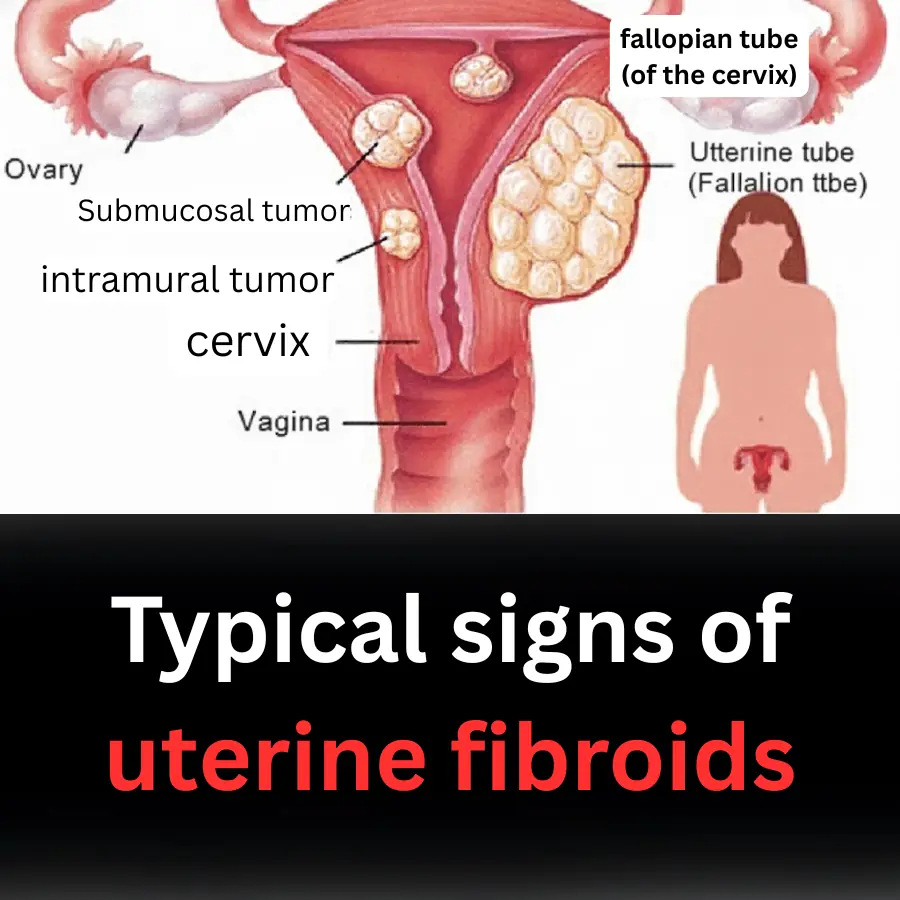
Typical signs of uterine fibroids
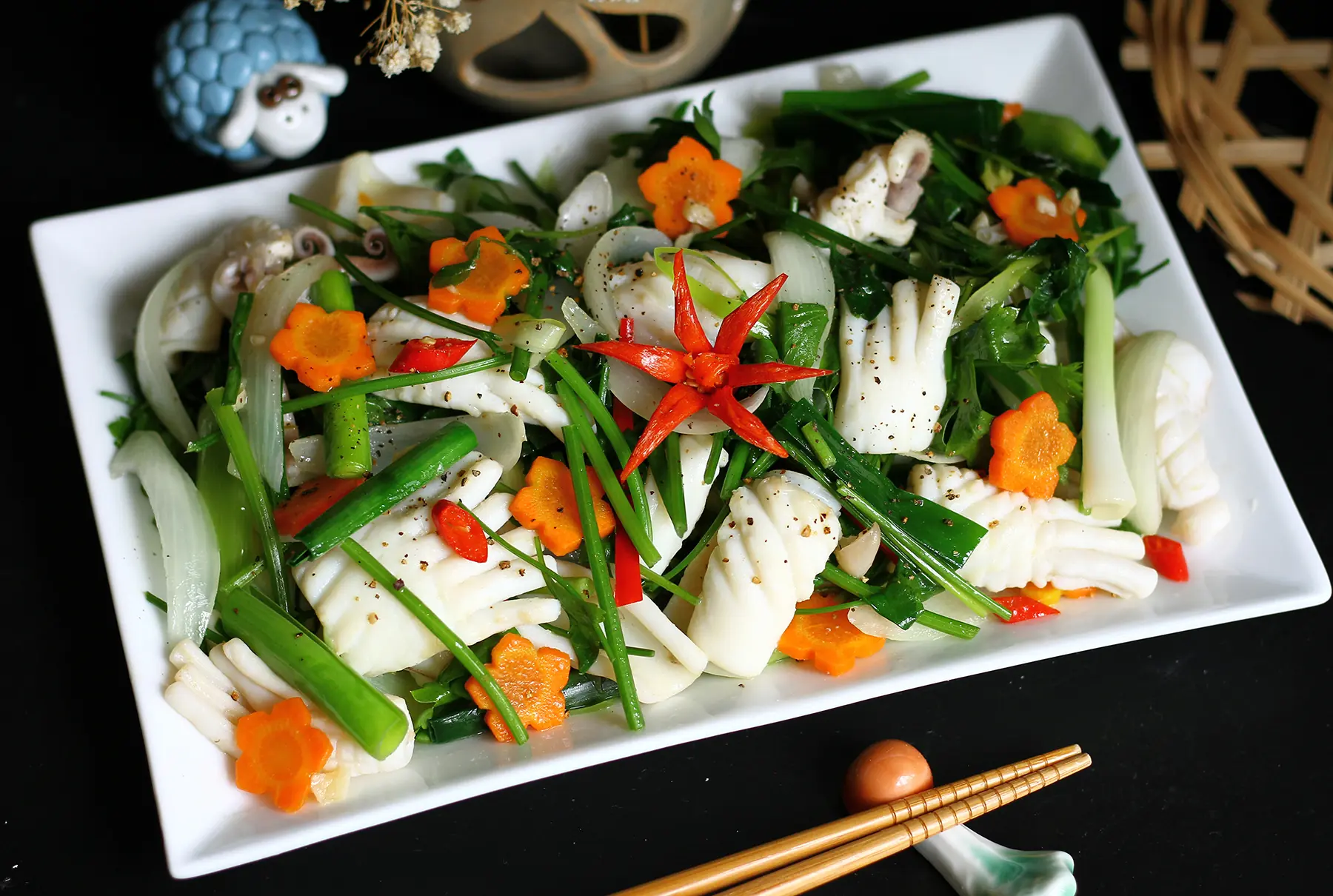
The More You Eat This Vegetable, the Cleaner Your Arteries Become: A Stroke-Prevention Secret Many People Overlook!
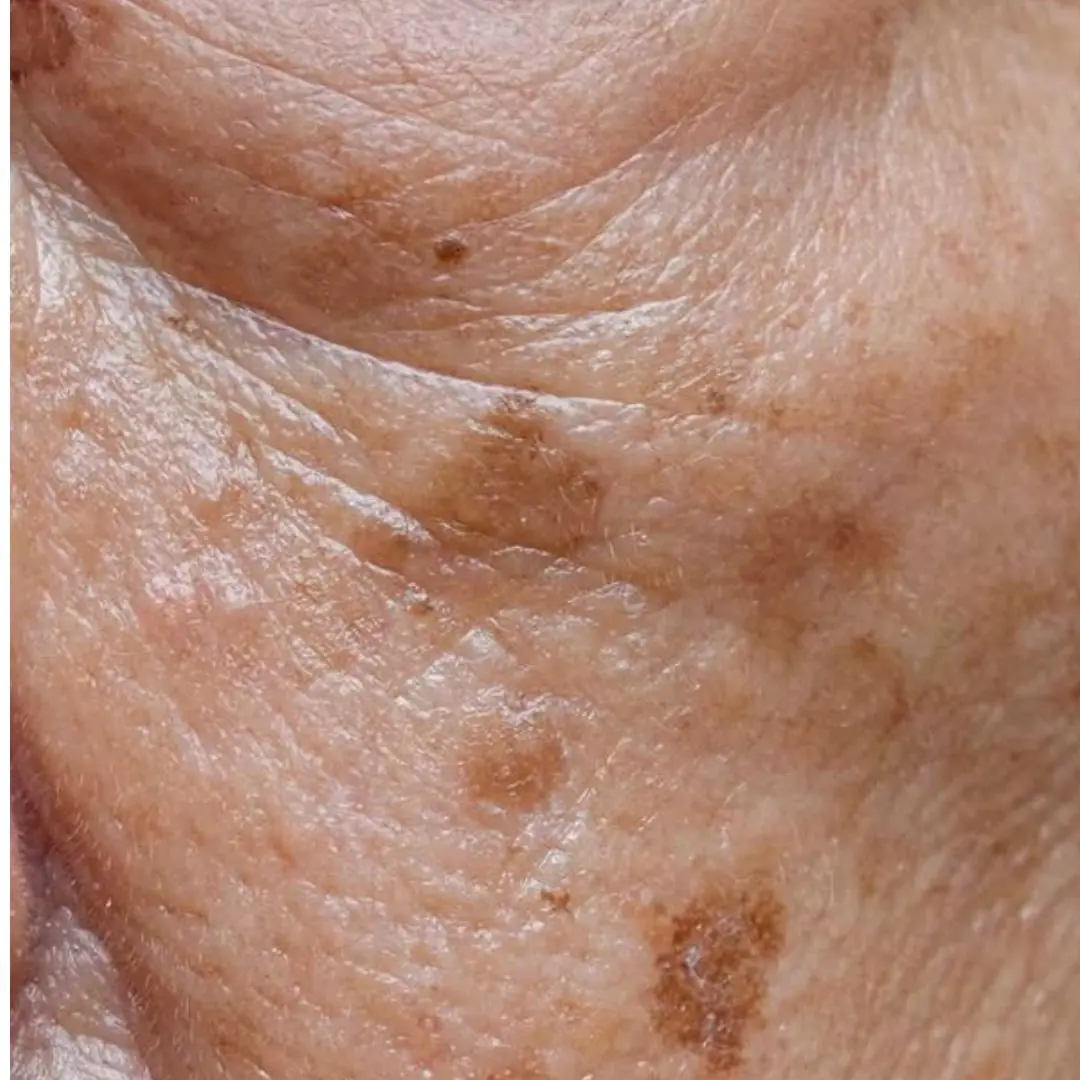
Age Spots and Selenium: How This Powerful Mineral Can Help Fight Sun Damage Naturally

A 12-year-old boy loses 12 teeth at once due to a common habit among children
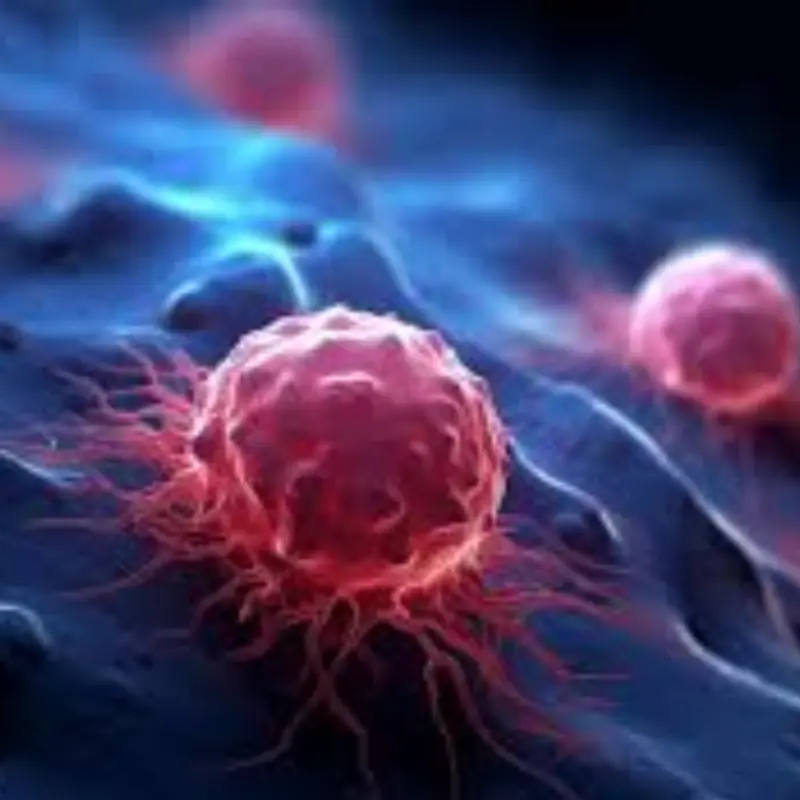
Warning: A Common Daily Habit May Be “Inviting” Liver Can.cer — Many People Know It, Yet Still Do It
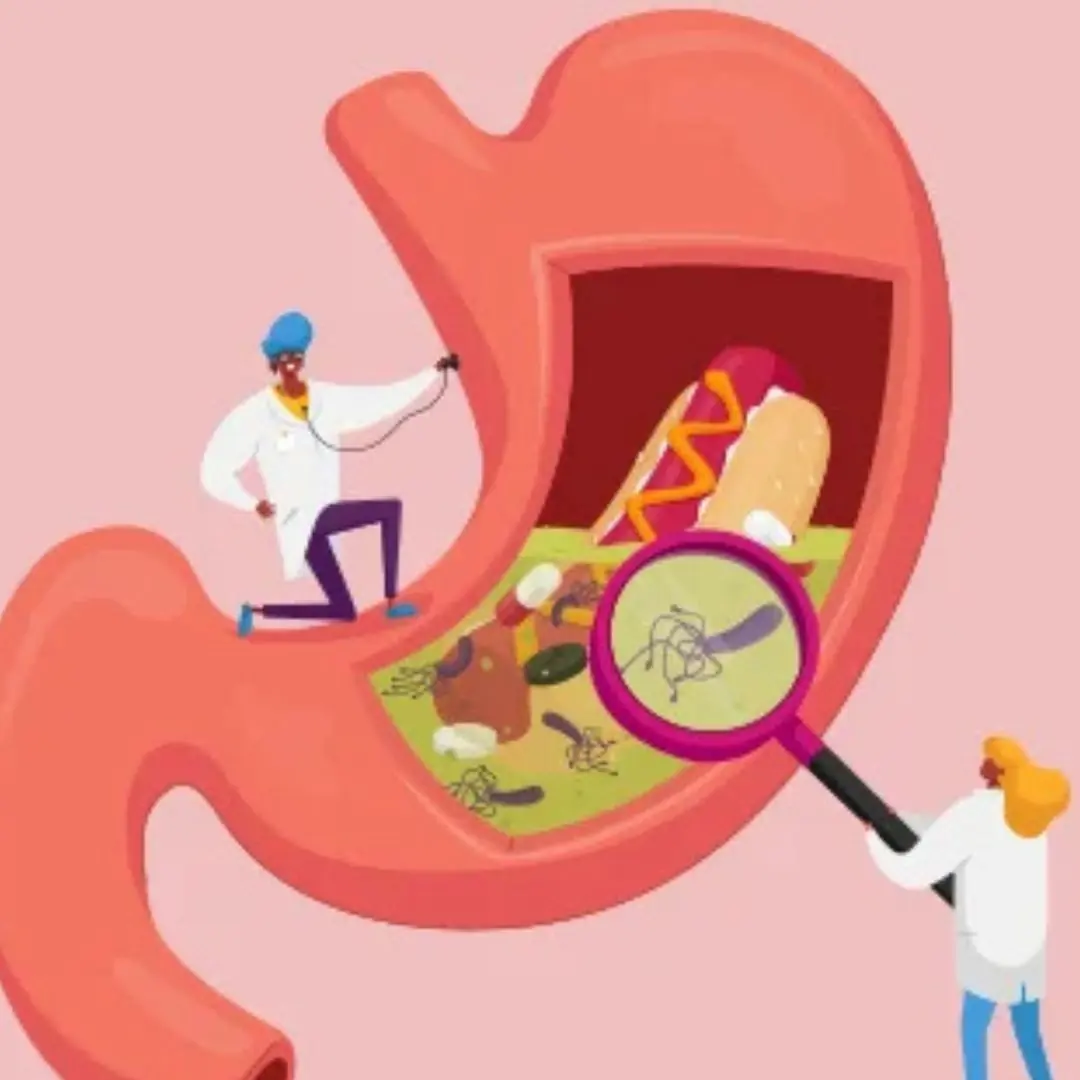
6 foods that clean the intestines naturally when eaten on an empty stomach

Poucas pessoas reconhecem os sinais de alerta de problemas de circulação que podem surgir nos pés e nas pernas durante a noite
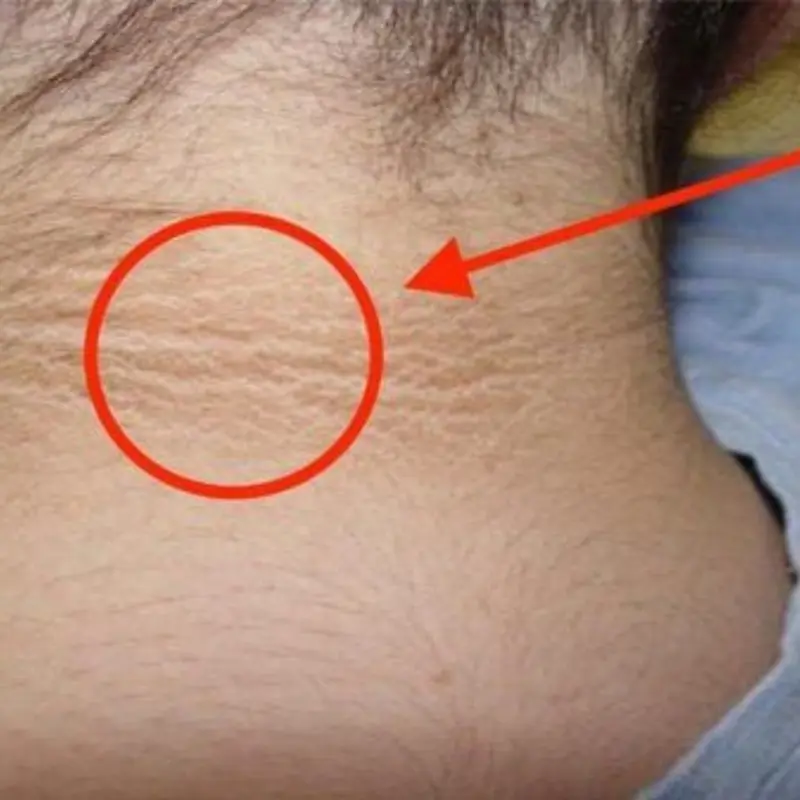
Don’t Ignore These Silent Signs of Oral Cancer

Pain on the left side of your body: What could it mean?
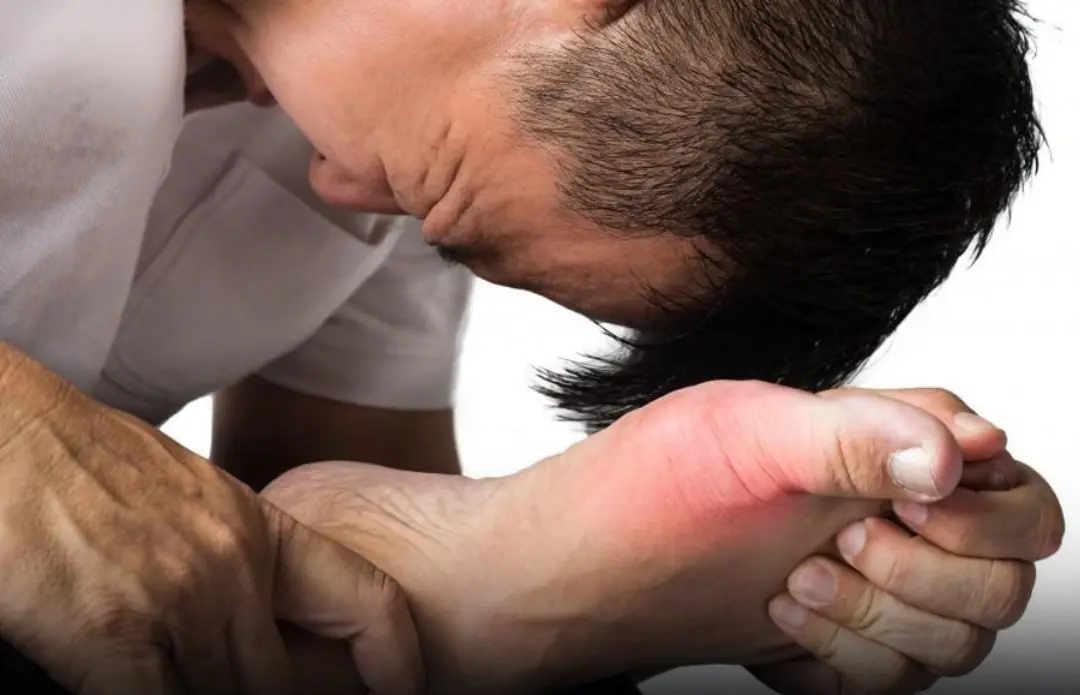
Your feet can reveal important signs about your circulation and metabolic health
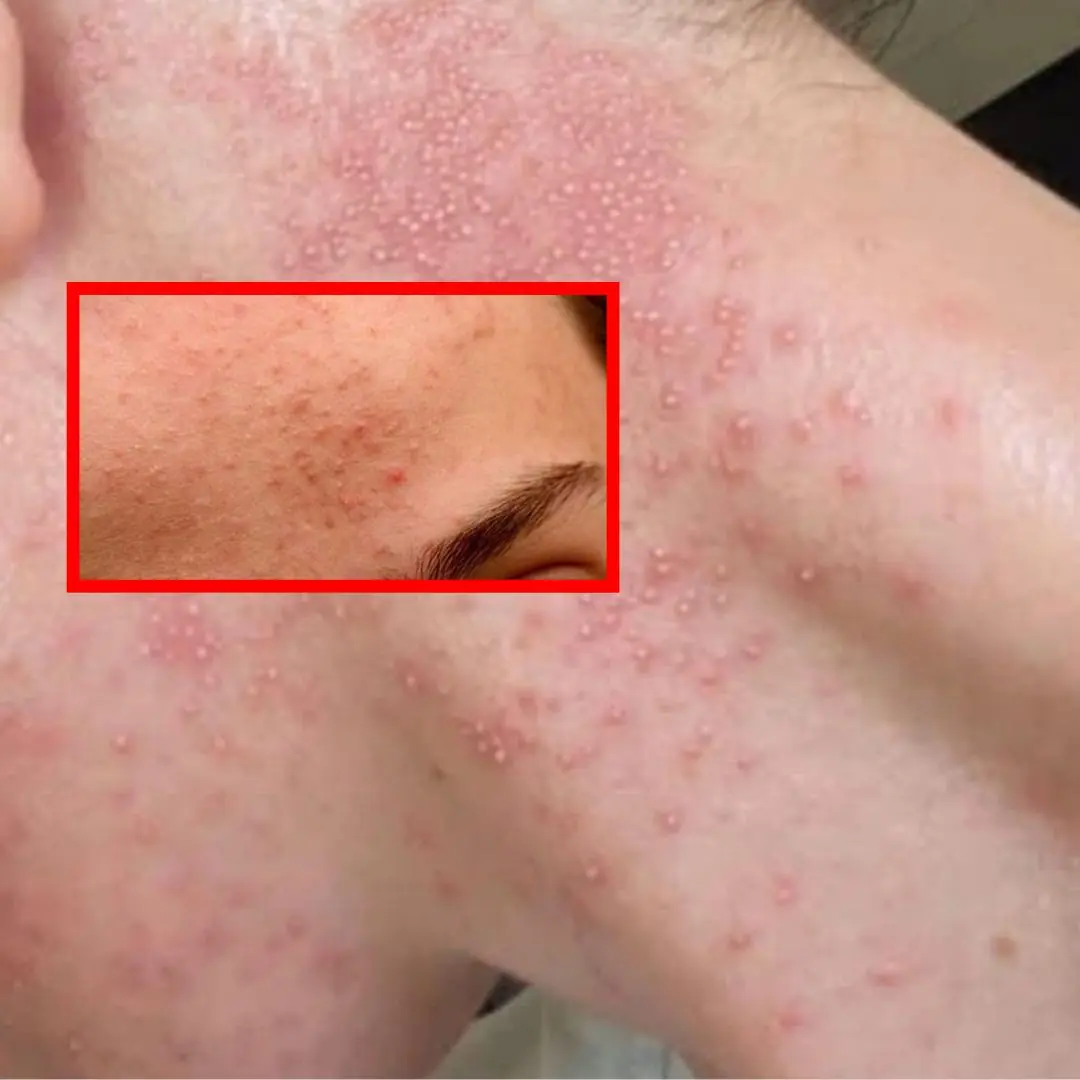
These are the consequences of eating....

5 amazing benefits of drinking warm water with honey
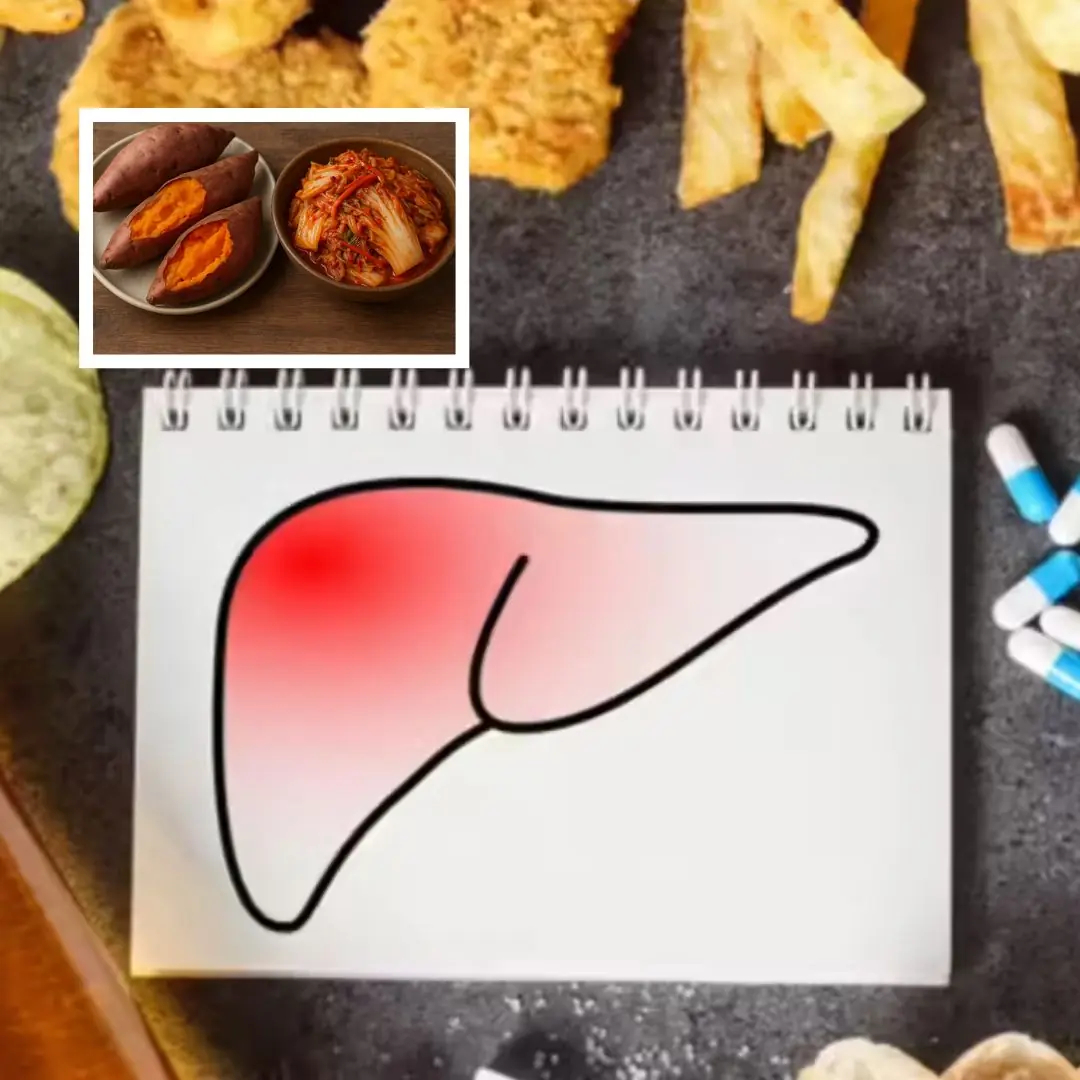
Scientifically Supported Food Combinations That May Benefit Liver Health
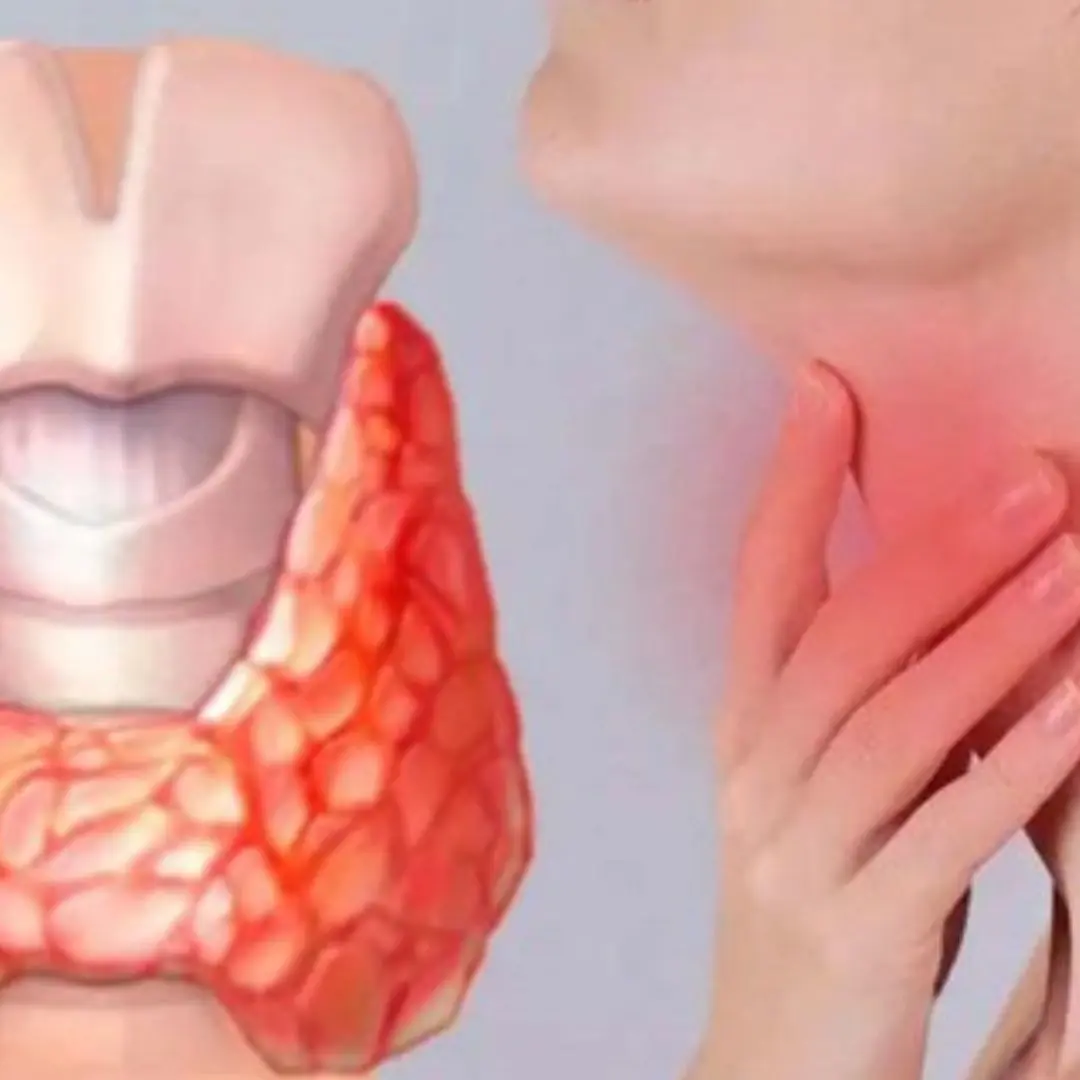
6 Types of Foods That Negatively Affect Your Thyroid — What to Limit or Avoid

The most powerful herb that removes parasites, urinary tract infections and herpes

Warning: Pain in These Three Areas May Be an Early Sign of Lung Can.cer
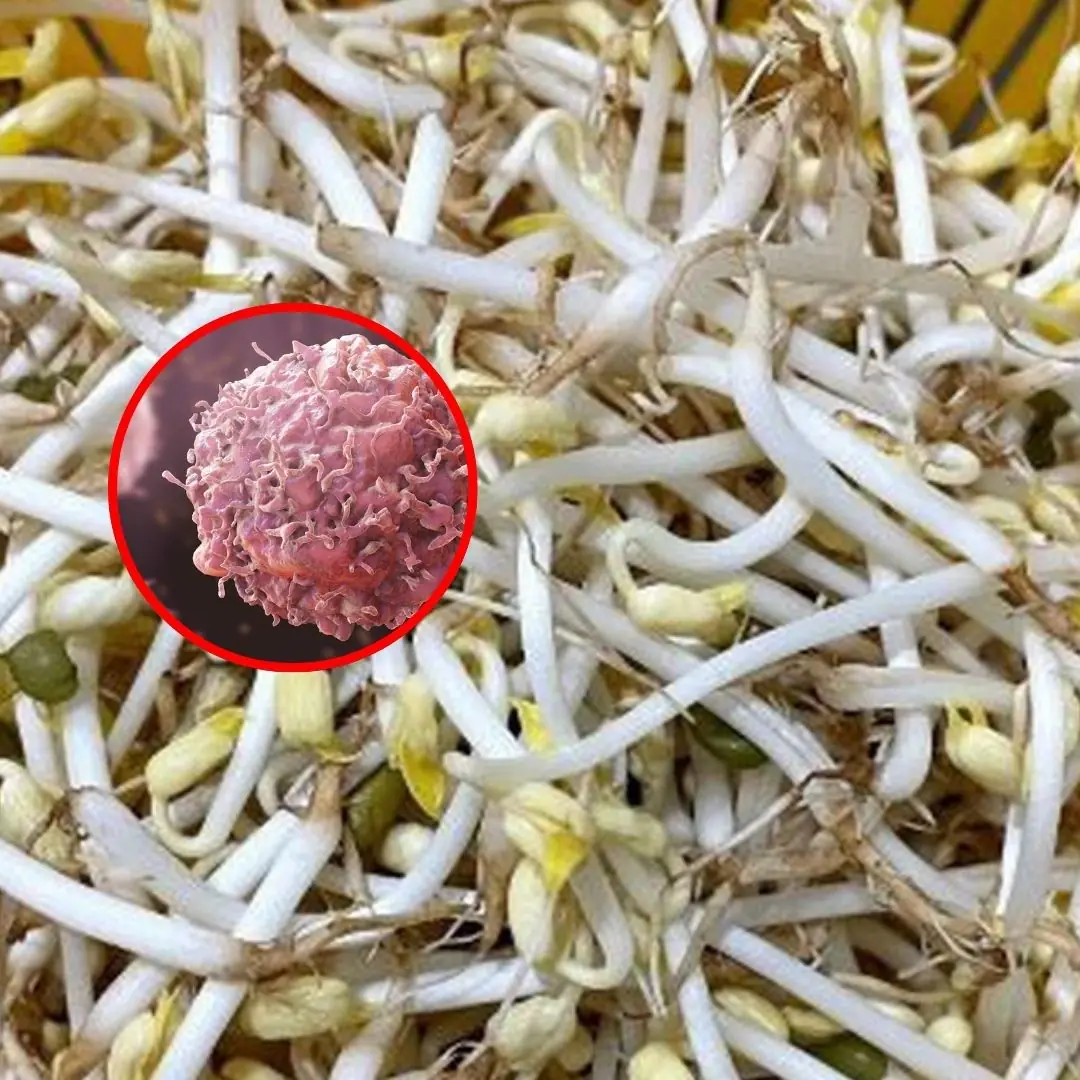
Vegetables listed as ca:ncer - causing that many people still eat, should be stopped immediately

Swollen Feet? Don’t Ignore This Clear Red Flag — Here’s What It Really Means
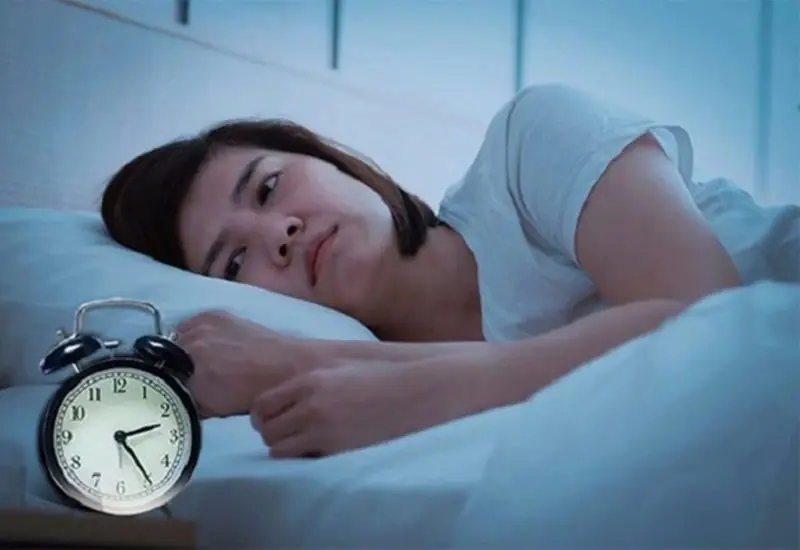
Why You Keep Waking Up Between 3 and 4 AM - 4 Health Issues Your Body May Be Signaling
News Post
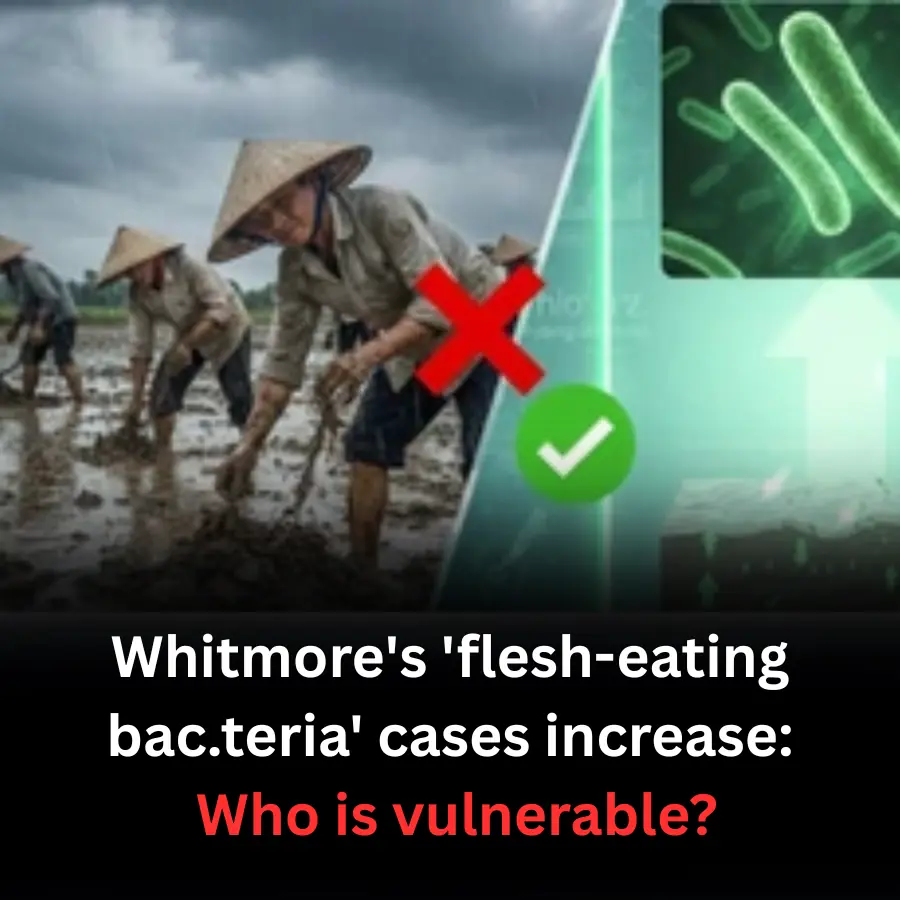
Whitmore's 'flesh-eating bac.teria' cases increase: Who is vulnerable?

Are kidney cysts really benign? Experts warn of signs that should never be ignored

Typical signs of uterine fibroids

The More You Eat This Vegetable, the Cleaner Your Arteries Become: A Stroke-Prevention Secret Many People Overlook!

Age Spots and Selenium: How This Powerful Mineral Can Help Fight Sun Damage Naturally

A 12-year-old boy loses 12 teeth at once due to a common habit among children

Warning: A Common Daily Habit May Be “Inviting” Liver Can.cer — Many People Know It, Yet Still Do It

6 foods that clean the intestines naturally when eaten on an empty stomach

Don’t Ignore These Silent Signs of Oral Cancer

Pain on the left side of your body: What could it mean?

Setting Boundaries: A Family Story

Your feet can reveal important signs about your circulation and metabolic health
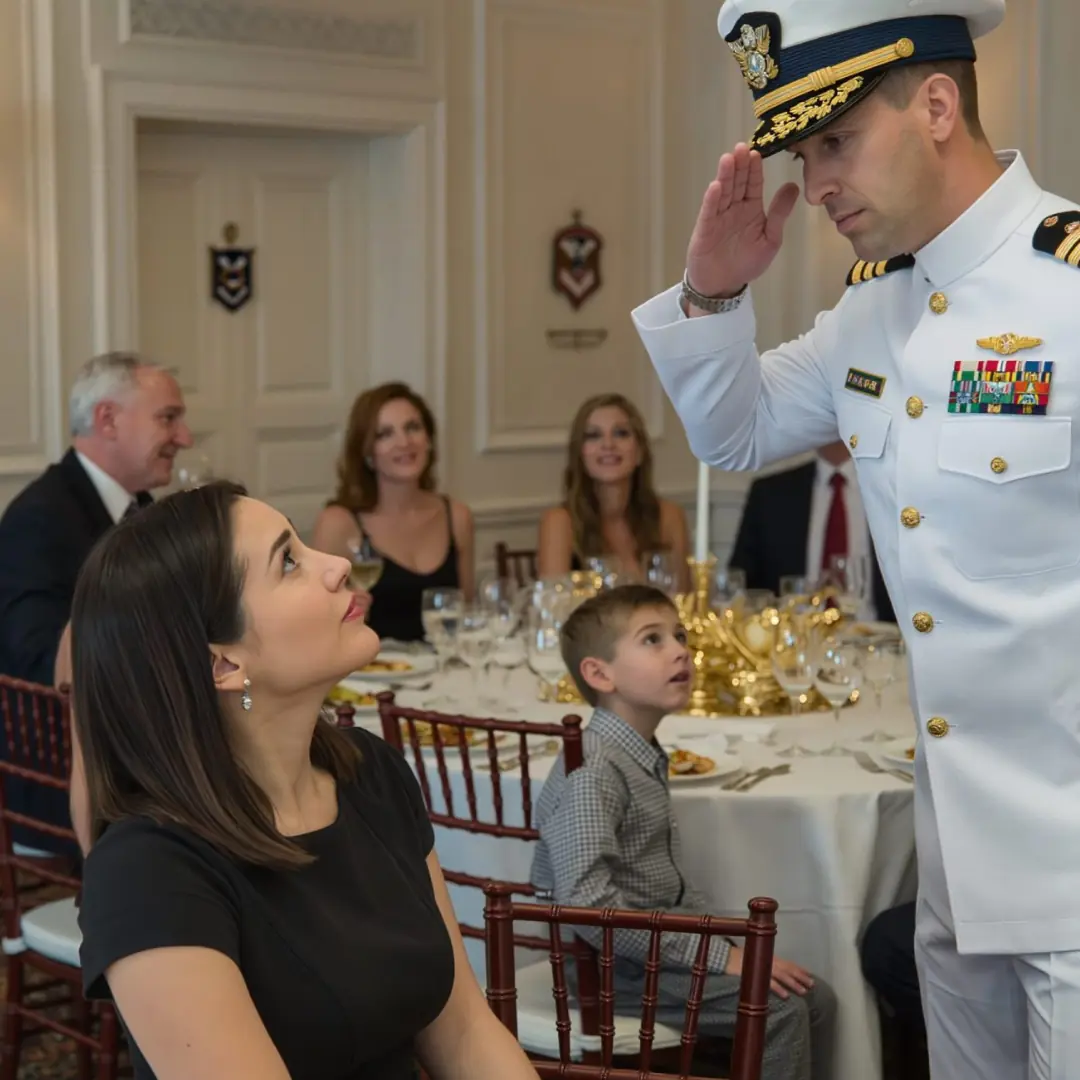
How a Salute Changed My Family’s Perception of Me

These are the consequences of eating....

5 amazing benefits of drinking warm water with honey

Scientifically Supported Food Combinations That May Benefit Liver Health
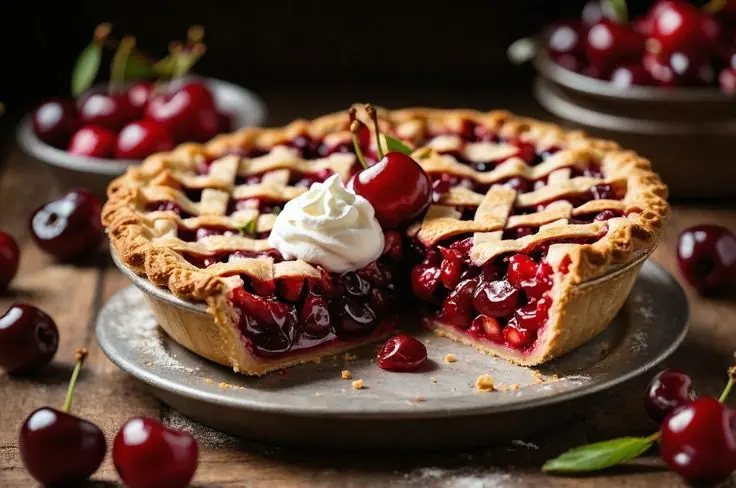
Classic Cherry Pie
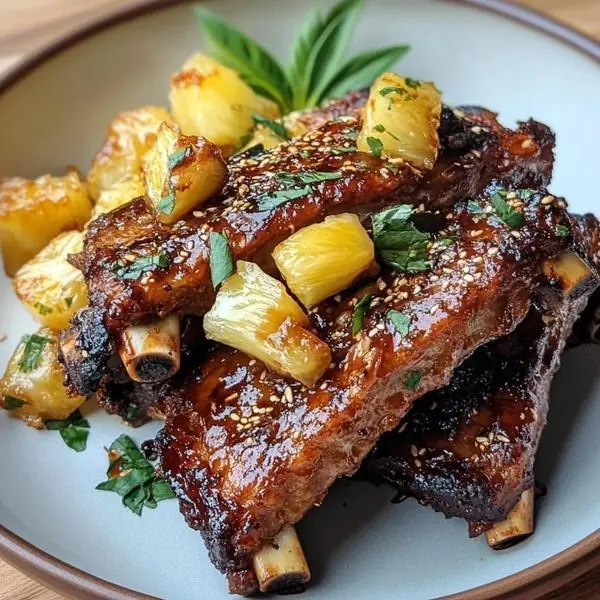
Hawaiian Pineapple Glazed Ribs

Honey Garlic Roasted Chicken Thighs with Potatoes & Carrots
